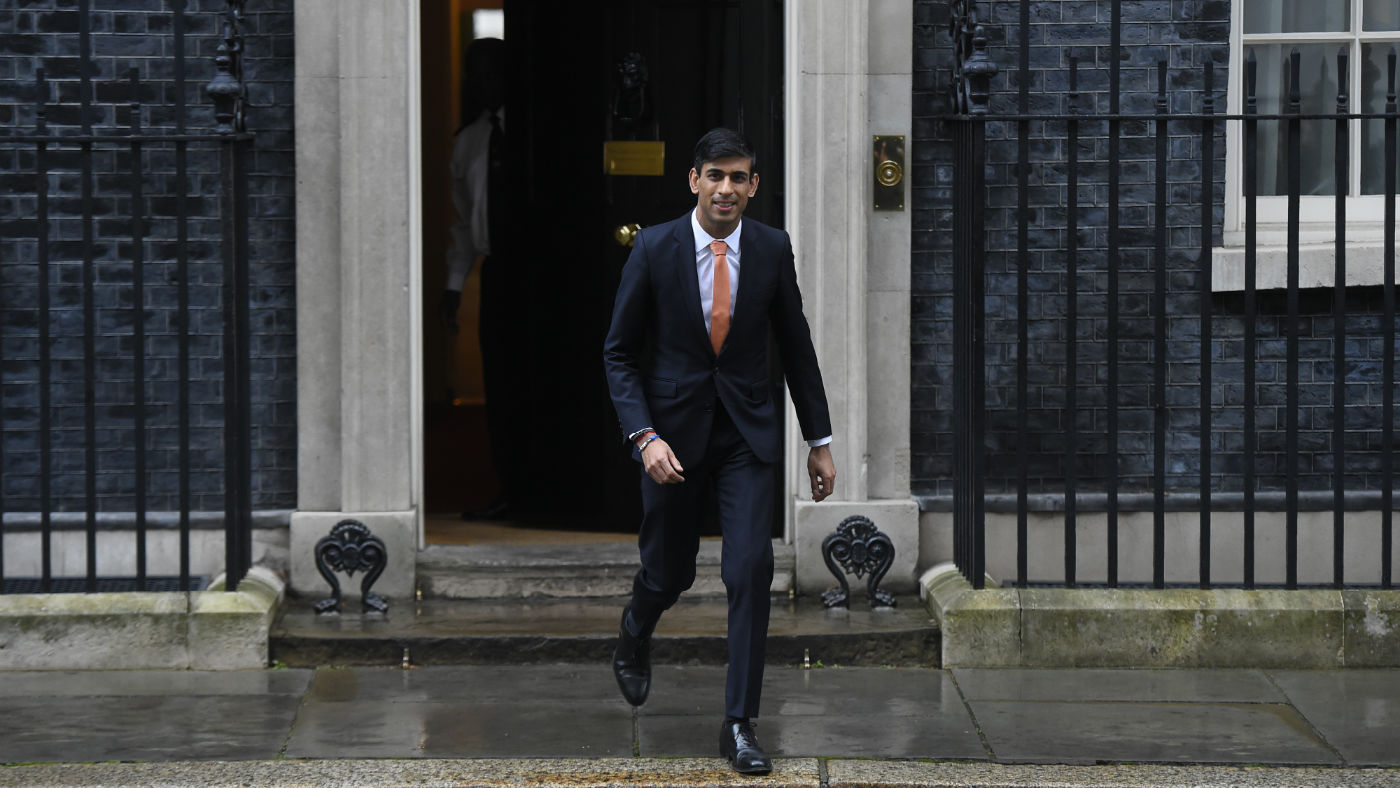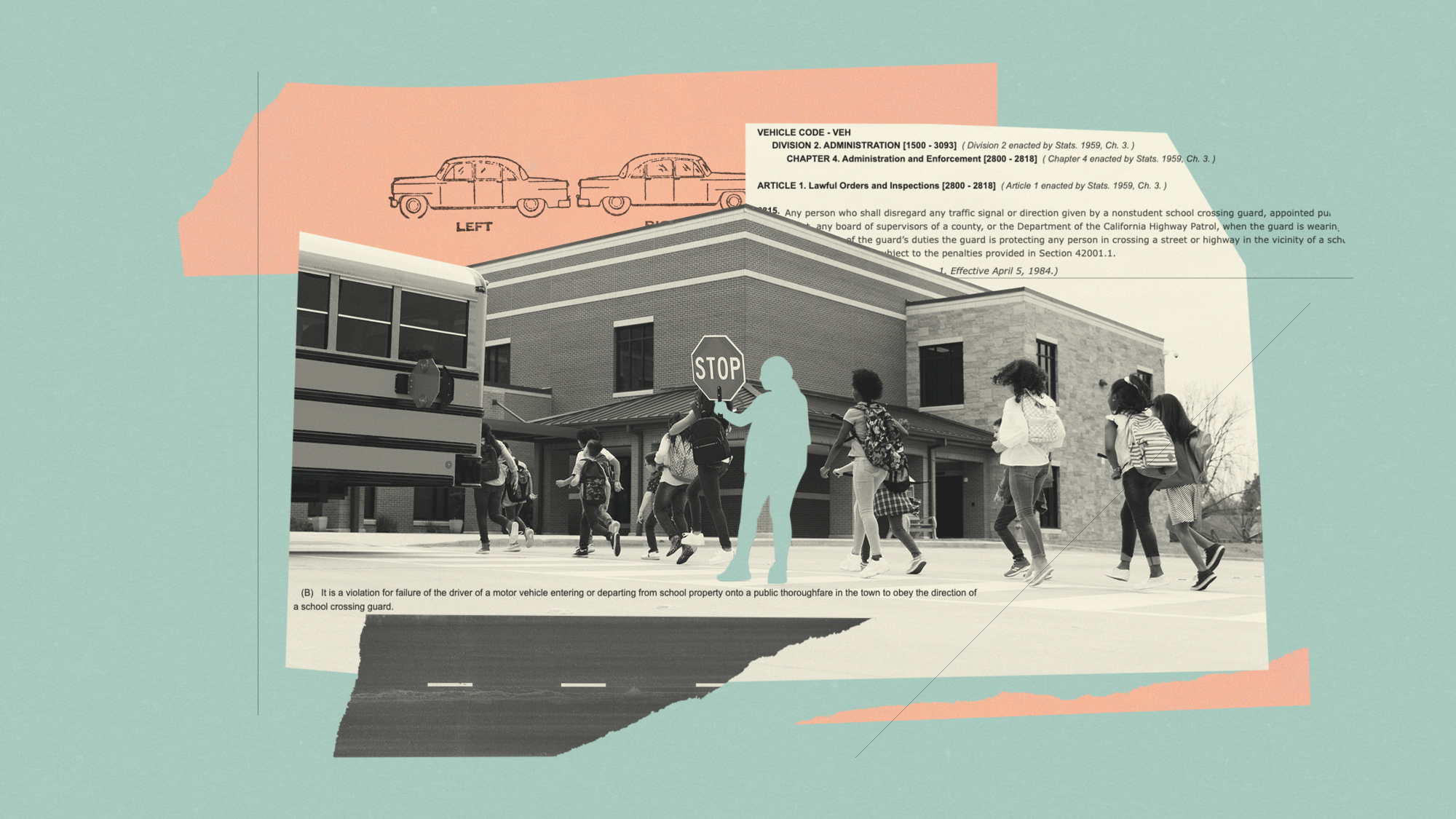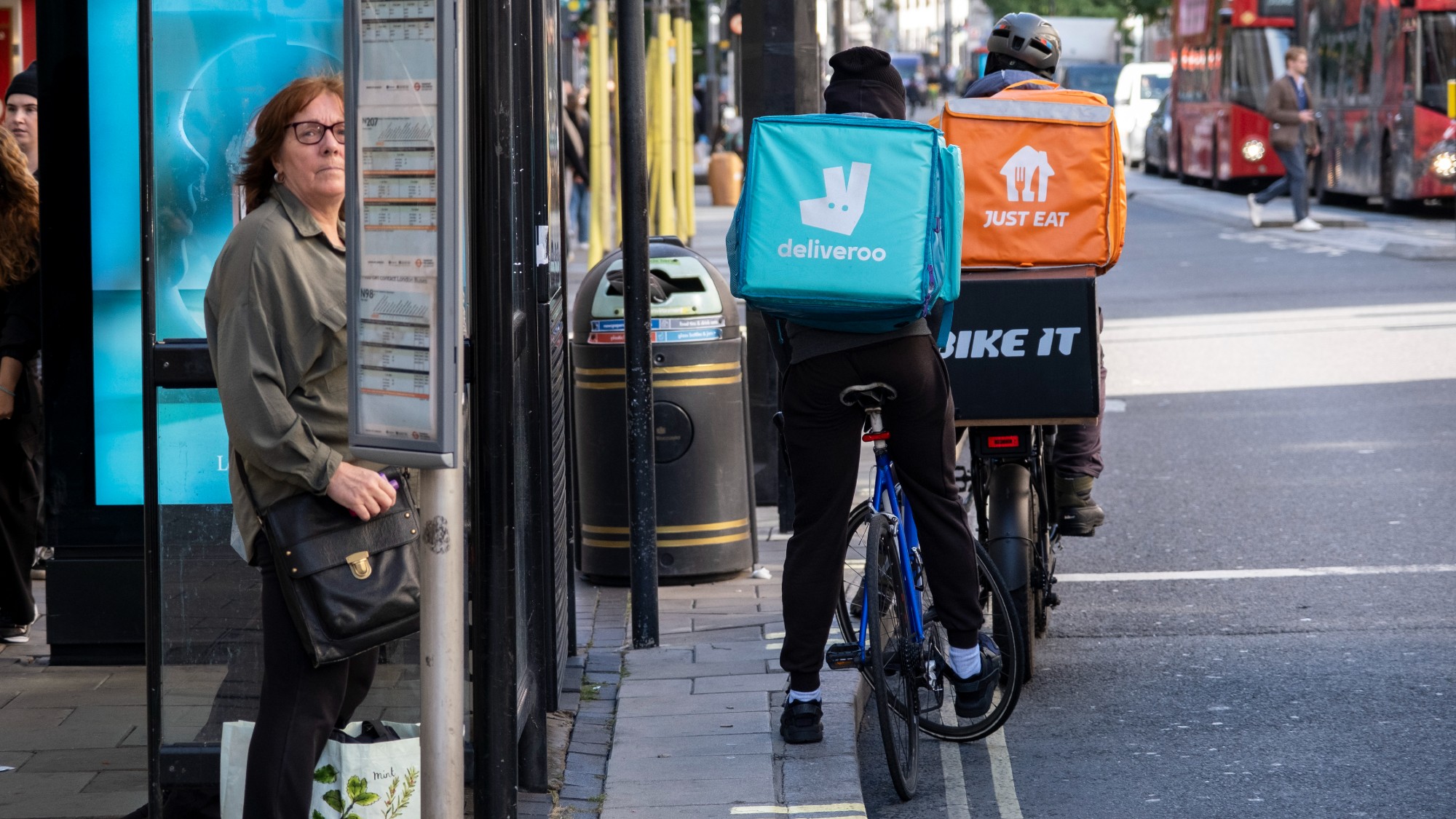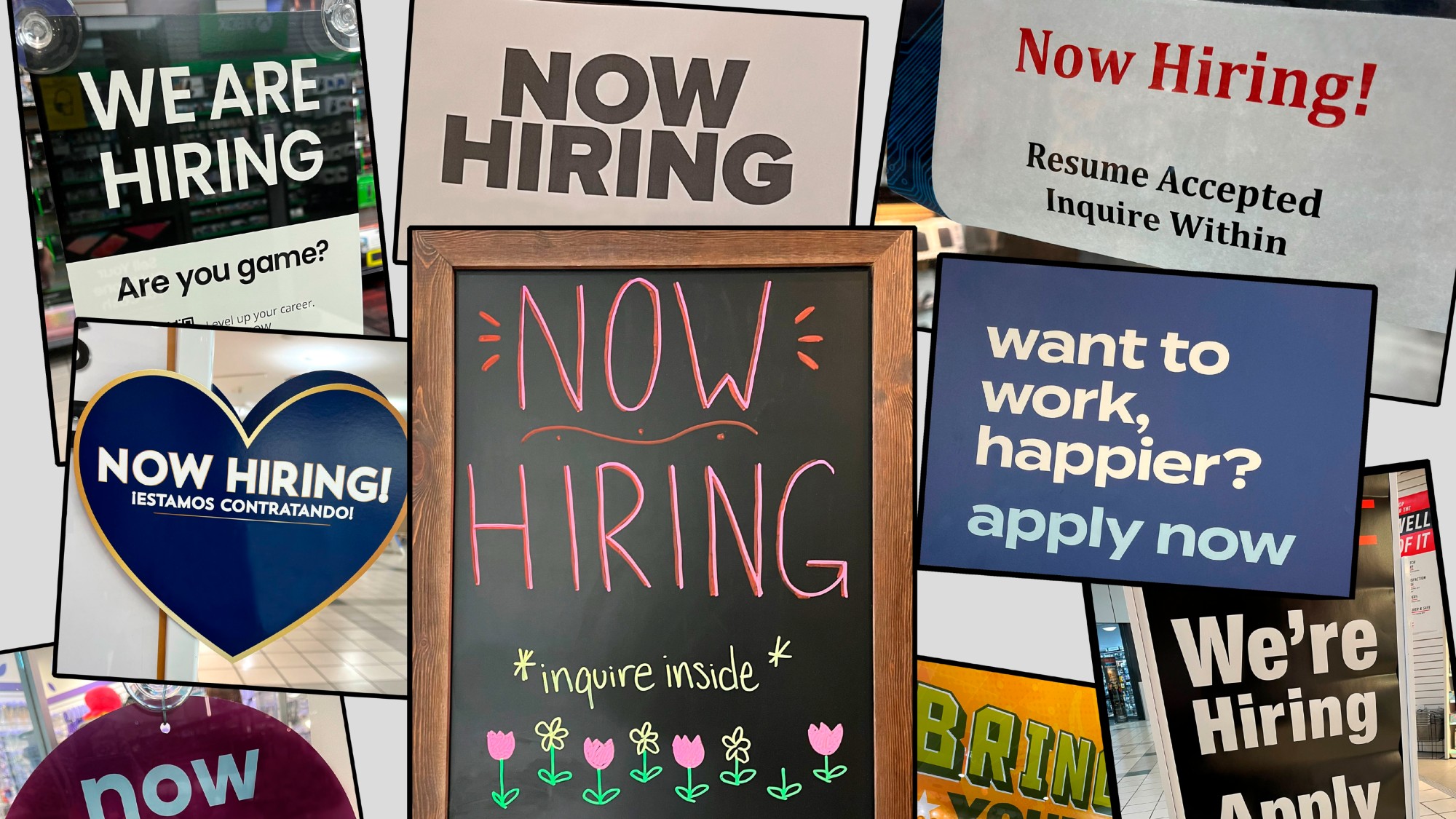Six million furloughed workers ‘broke rules by carrying on working during lockdown’
New study finds that fifth of staff whose wages were paid by government were ‘compelled’ to work by bosses

A free daily email with the biggest news stories of the day – and the best features from TheWeek.com
You are now subscribed
Your newsletter sign-up was successful
Almost two-thirds of the 9.4 million workers furloughed during the UK’s lockdown carried on doing their jobs at home, a major new study suggests.
And about fifth of staff on furlough in April and May were “explicitly compelled” by their bosses to break the rules by continuing to work, according to the researchers.
Under Chancellor Rishi Sunak’s Coronavirus Job Retention Scheme scheme, the government has paid 80% of the salaries of furloughed staff up to a maximum of £2,500 a month, in a bid to save millions of jobs.
The Week
Escape your echo chamber. Get the facts behind the news, plus analysis from multiple perspectives.

Sign up for The Week's Free Newsletters
From our morning news briefing to a weekly Good News Newsletter, get the best of The Week delivered directly to your inbox.
From our morning news briefing to a weekly Good News Newsletter, get the best of The Week delivered directly to your inbox.
But a new study by academics at Oxford, Cambridge and Zurich universities reveals “widespread abuse” of the £30bn system, The Mail on Sunday reports.
Surveys of almost 9,000 furloughed workers found that 63% - which equates to around six million nationwide - carried on working, putting in an average of 15 hours of illegal labour a week.
The research reveals that the highest percentage of those who continued to work were people with jobs in computing (44%), while in the information and communication sectors, more than a third of furloughed employees worked from home.
Across the board, workers on higher incomes were more likely to have defied the work ban.
A free daily email with the biggest news stories of the day – and the best features from TheWeek.com
In a newly published report, the academics conclude that “the prohibition of working whilst furloughed was routinely ignored, especially by men who can do a large percentage of their work tasks from home”.
HMRC investigating fraud
The Mail on Sunday reports that HM Revenue & Customs (HMRC) is currently investigating 8,000 tip-offs to its fraud hotline, having already rejected 30,000 claims considered “dubious”.
The Commons Public Accounts Committee will question HMRC on the issue next month, The Telegraph reports. The committee’s chair, MP Meg Hillier, has called on the department to “urgently get a grip on these issues around fraud of the furlough scheme”.
“Employees are being put in incredibly vulnerable positions and employers need to face tough sanctions for this,” Hillier said. “We know people are trying it on and it’s right they should be tackled.”
Pledging to take “tough action on fraud”, an HMRC spokesperson said: “We are now starting to investigate claims in depth, paying particular attention to Job Retention Scheme claims that are out of step with the payroll data that we hold and drawing on the 8,000 calls that have come into our fraud hotline from members of the public.
“We have legal powers to recover any money that has been overclaimed and we have already made an arrest in relation to suspected criminal activity.”
The blanket ban on working for employees who had been furloughed ended at the start of July. Employers “could bring staff back to work and claim subsidies for typical hours that they did not work”, as the Mail explains. “From the beginning of this month, employers began making increasing contributions, with the scheme due to end next month.”
The Chancellor has warned of “hardship ahead” for many people when the furlough programme wraps up on 31 October.
Mike Starling is the former digital features editor at The Week. He started his career in 2001 in Gloucestershire as a sports reporter and sub-editor and has held various roles as a writer and editor at news, travel and B2B publications. He has spoken at a number of sports business conferences and also worked as a consultant creating sports travel content for tourism boards. International experience includes spells living and working in Dubai, UAE; Brisbane, Australia; and Beirut, Lebanon.
-
 Local elections 2026: where are they and who is expected to win?
Local elections 2026: where are they and who is expected to win?The Explainer Labour is braced for heavy losses and U-turn on postponing some council elections hasn’t helped the party’s prospects
-
 6 of the world’s most accessible destinations
6 of the world’s most accessible destinationsThe Week Recommends Experience all of Berlin, Singapore and Sydney
-
 How the FCC’s ‘equal time’ rule works
How the FCC’s ‘equal time’ rule worksIn the Spotlight The law is at the heart of the Colbert-CBS conflict
-
 Ski town strikers fight rising cost of living
Ski town strikers fight rising cost of livingThe Explainer Telluride is the latest ski resort experiencing a patroller strike
-
 Employees are branching out rather than moving up with career minimalism
Employees are branching out rather than moving up with career minimalismThe explainer From career ladder to lily pad
-
 Out of office: Microretirement is trending in the workplace
Out of office: Microretirement is trending in the workplaceThe explainer Long vacations are the new way to beat burnout
-
 Being a school crossing guard has become a deadly job
Being a school crossing guard has become a deadly jobUnder the Radar At least 230 crossing guards have been hit by cars over the last decade
-
 Why 'faceless bots' are interviewing job hunters
Why 'faceless bots' are interviewing job huntersIn The Spotlight Artificial intelligence is taking over a crucial part of recruitment
-
 Champagne problems: migrant vineyard workers treated 'like slaves'
Champagne problems: migrant vineyard workers treated 'like slaves'Under the Radar Convictions spotlight the 'exploitation and misery' at the heart of the 'glamorous' industry
-
 How many people are working illegally in the UK?
How many people are working illegally in the UK?The Explainer Government vows 'nationwide blitz' on illicit workforce believed to number in the hundreds of thousands
-
 What is 'career catfishing' and why are Gen Z doing it?
What is 'career catfishing' and why are Gen Z doing it?Under The Radar Successful job applicants are increasingly disappearing before their first day